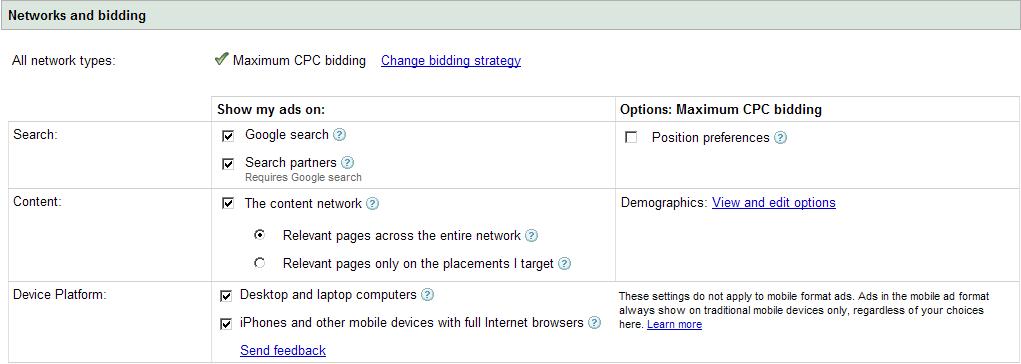The “intertubes” was abuzz recently with news that Google was going to add social media to its algorithm, meaning that tweets could be of more importance in the future. But exactly how important? I’m not sure anyone really knows, but a few things I would assume out of the gate:
- Massive tweeting on your part probably won’t have much effect on any traffic sent your way on Google’s part. I honestly don’t think Google will take the text from a tweet just on face value. I believe they’ll use that in conjunction with other metrics when placing a value on the importance of a tweet.
- Your followers will probably play an important role in the effect of tweets. Just like how similar web sites linking to your site help with your ranking (based on keywords, linking, etc.), the same will probably be said for your Twitter followers. For instance, if you’re into Ford Mustangs and you promote your Ford Mustang site on Twitter, other Ford Mustang related Twitter accounts will be more valuable to you than a Twitter follower who’s all about Britney Spears. Makes sense.
- The depth of your tweets will mean the most. What I mean is, how many times does your tweet get re-tweeted? By having a tweet re-tweeted a ton of times basically means whatever you had to say started to really catch on and people thought it was important. More value would be placed on a tweet Google could tell the social network found important.
- A combination of all of the above. I’m not sure anyone has any solid idea on how Google is going to use Twitter data. My guess is they’ll use a combination of my assumptions above when placing a value on anything it gleams from Twitter.
What’s almost certain is Google appears to be applying more metrics to its algorithm. Whereas domain names, inbound links, domain age, etc. was of utmost importance several years ago, Google is going to look into more metrics when applying your search rankings. In my opinion, this is a good thing. At the end of the day, it puts more relevant topics first based on how people are using the information across the web. Only time will tell what the importance of these changes will be though. What does everyone else think?





